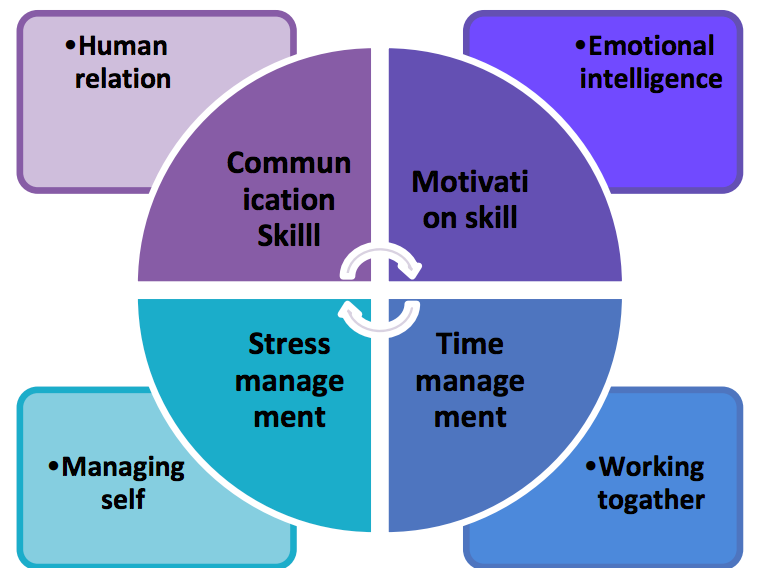We anticipate individuals to be their own leaders, to be taking charge of their lives, to be presuming responsibility for their decisions. It gets troublesome when these individuals group together because groups can’t take charge of themselves and every member of the group concurrently can’t take charge of the entire group. One of the individuals is invariably asked to show the rest of the members the way forward, to become their primary agent, to lead.

Leadership is pivotal for the survival of business organisations too. Leaders establish the environment for deciding and attaining the organisational objectives. One of the key aspects of great leadership is the understanding of transactional analysis and how it assists in the making of a great leader. Transactional Analysis, a theory of social psychology, was founded by Dr. Eric Berne in the 1950s. The International Transactional Analysis Association defines transactional analysis as “a theory of human personality, a theory of social behaviour, and a comprehensive system of psychotherapy”.
Transactional analysis is a theory of human personality, a theory of social behaviour, and a comprehensive system of psychotherapy
The transactional analysis focuses on human personality and a system of enhancement of human relationship. It offers a systematic approach to understand the bond between human needs and behaviour. It also shows a person, a group or an organisation can be efficacious in solving the obstacles and improving their relationships.

It offers a comprehensive model of personality, communication, motivation, leadership, conflict resolution, goal-setting among others to the business organisations and helps the leaders in a firm to understand behavioural patterns, communication, interpersonal relationships, time management etc.
A study conducted on the effects of the transactional analysis training programme on team leadership factors helped in identifying a modality to enhance the leaders’ and managers’ qualities and abilities that are needed in team leadership. The research hypothesis was that there are huge differences between the leaders and managers who attended this programme and the ones who didn’t.
Major parameters to analyse the difference were:
- Warmth (People who are warm and attentive to others)
- Emotional Stability (Someone who is adaptive and mature)
- Social Boldness (Those who are not easily offended, are daring and eager to take risks)
Those who attended the training programme showed great improvement on Emotional Stability and Social Boldness as compared to the ones who didn’t. There wasn’t any considerable change in the Warmth factor. The pragmatic implications of the results are that transactional analysis based leadership training programmes can be leveraged to a great effect for enhancing the Emotional Stability and Social Boldness levels in the team managers and leaders.
Therefore, understanding the behaviour of yourself and of others is of paramount importance. Extracting a rich insight into the intricacies of human relations and the behaviour that you see in your professional and personal life can help you become a more effective leader. Transactional analysis can make you alter the way you interact with others and bring about a much-needed quality of great leadership in you.
Subscribe
Related Blogs
Trek n Tech Annual Retreat 2025: A 7-Day Workcation of OSL

OSL family came together for the Trek n Tech Annual Retreat 2025, a 7-day workcation set amidst the serene beauty of…
Exploring Drupal's Single Directory Components: A Game-Changer for Developers

Web development thrives on efficiency and organisation, and Drupal, our favourite CMS, is here to amp that up with its…
7 Quick Steps to Create API Documentation Using Postman

If you work with API , you are likely already familiar with Postman, the beloved REST Client trusted by countless…




